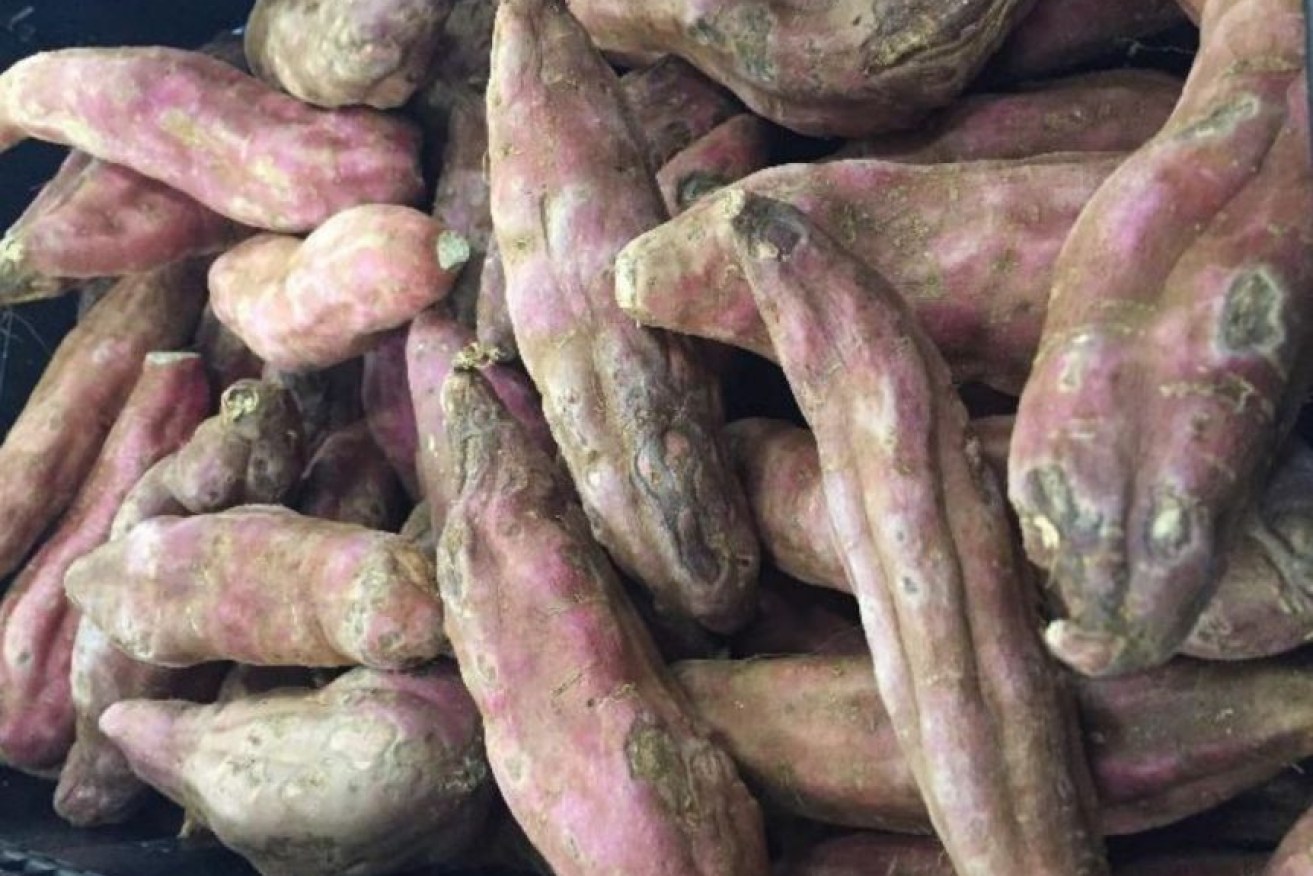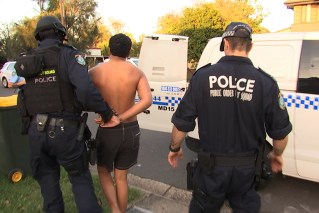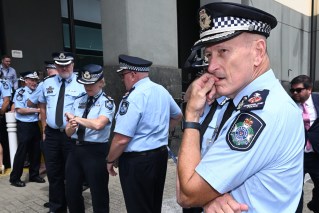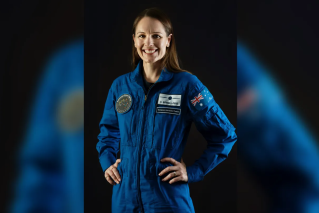Poor fresh food quality in northwest put under spotlight by health professionals
Evidence given to an inquiry into food security for remote Queensland areas has found spoilt food is being sold at double the price and food trucks getting bogged preventing resupply.

Fresh fruit and veg transported on hot road trains and barges are often spoilt by the time they arrive. (Photo: Supplied)
Mould-ridden vegetables, 200 per cent mark-ups on food, and food trucks getting bogged are the norm in the Gulf of Carpentaria, a hearing has been told.
The hearing, which was launched in June this year, investigates food prices and food security in remote and Indigenous communities compared with those in the city.
Inquiry chairman Julian Leeser said consumer protection laws and regulators such as the Australian Competition and Consumer Commission (ACCC) would also be assessed for their effectiveness in regulating remote pricing.
“We want to know how much of this is just a supply to remoteness issue, and how much of this is regulatory failure,” Leeser said.
Representatives from Indigenous health service Gidgee Healing met with the panel in Brisbane via a video link last week and gave examples from Doomadgee, Burketown and Mornington Island.
The submission, now open to public, found spoilt food was displayed and common items such as vegetables, rice, and milk were either double the price of city produce or sometimes not available at all.
Transportation was also presented to the committee as an issue, with the example of bogged trucks that prevented resupply to north-west Queensland during the summer of 2019.
Patients ‘in tears’ for fresh food
Clinical dietician Kiri Woodington said it was disheartening to recommend nutritional goals to patients when they were impossible due to their location.
“I have more than enough accounts of clients completely in tears because they know the problem with their diet is a lack of fruit and vegetables,” Woodington said.
“We either don’t have it, it’s not available, it’s far too expensive, or the quality is just not there.”
Kalkadoon-Waanyi descendant and chief medical officer for Gidgee Healing Marjed Paige said patients often declined referrals to see a dietitian due to the poor access to fresh produce in their community.
“There’s some shame going with it,” he said.
“Because I refer them to a dietitian [but] they already know they can’t afford [fruit and vegetables] and sometimes it’s better not to go.
“This is so important that we get food security right and get it right the first time.”
The hearing will continue this week as 110 submissions from across Australia are investigated before the committee submits its findings to the Federal Government on October 30.
– ABC / Kemii Maguire












